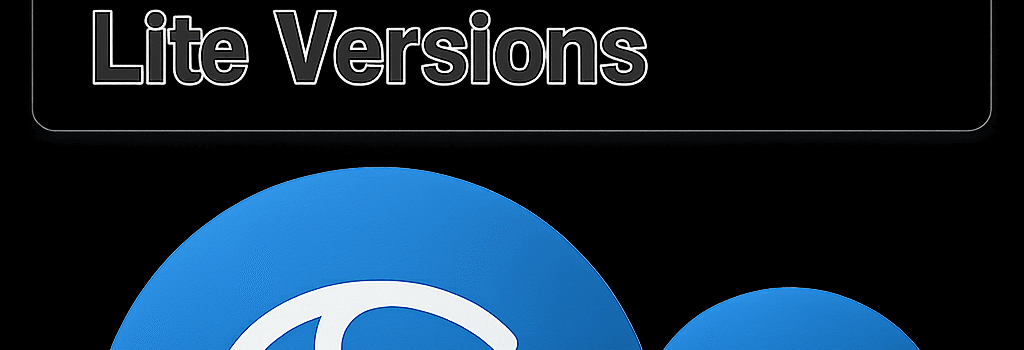Google Expands Gemini AI with New Stable and Flash-Lite Versions

Overview of Gemini 2.5 Release
At Google I/O 2025, the Gemini 2.5 family took center stage with major upgrades to both performance and efficiency. After months of fine-tuning, the high-capacity Gemini 2.5 Pro has transitioned from preview into general availability with the robust 06-05 build, addressing earlier latency and hallucination issues. Simultaneously, Google unveiled Gemini 2.5 Flash-Lite, a cost-optimized variant tailored for large-scale bulk workloads. This release makes Google’s AI offerings markedly more competitive with OpenAI’s GPT-4 and other leading LLMs.
Key Technical Specifications
- Gemini 2.5 Pro: 96 transformer layers, 1.4 trillion parameters, 16-way model parallelism, optimized pipeline for mixed-precision (FP16/FP32) inference.
- Gemini 2.5 Flash: 32 layers, 400 billion parameters, tailored for low-latency multimodal tasks.
- Gemini 2.5 Flash-Lite: 16 layers, 150 billion parameters, quantized to 4-bit weights with custom pruning for ultra efficiency.
- Adjustable Compute Budgets: Developers can select token-level budgets from 1e8 to 1e11 operations per request.
Adjustable Think Budgets and Cost Controls
All Gemini 2.5 variants support dynamic think budgets, letting developers trade off speed, cost, and accuracy. Google’s pricing matrix for Vertex AI and AI Studio shows:
- Flash-Lite: $0.001 per 1K input tokens, $0.0005 per 1K output tokens
- Flash: $0.003 per 1K input tokens, $0.0012 per 1K output tokens
- Pro: $0.008 per 1K input tokens, $0.004 per 1K output tokens
This granularity benefits cost-sensitive use cases like real-time chatbots or bulk document processing.
Integration with Google Search and AI Mode
A Google spokesperson confirmed that custom instances of Flash and Flash-Lite are now powering the new AI Overviews and AI Mode in Search. Queries with simple natural language prompts may be routed to Flash-Lite, while complex research queries leverage 2.5 Pro for deeper context and long-form reasoning.
“By dynamically selecting the optimal model, we reduce latency by up to 40% in AI Query Mode without compromising result quality,” said Tulsee Doshi, VP of Product at Google AI.
Performance Benchmarks & Latency Analysis
Independent benchmarks run on Google’s TPU v5e pods show:
- Gemini 2.5 Pro: average throughput of 1.2 tokens/ms, end-to-end latency ~200ms per 512-token response.
- Gemini 2.5 Flash: 0.8 tokens/ms, latency ~120ms for multimodal tasks.
- Flash-Lite: peak throughput 0.5 tokens/ms, latency ~80ms for text-only workloads.
Compared to GPT-4 Turbo, Gemini 2.5 Pro exhibits a 10–15% reduction in response time for equivalent context windows.
Security, Compliance, and Data Privacy
All models comply with Google Cloud’s Data Shield controls, GDPR, and HIPAA standards. End-to-end encryption is enforced in transit and at rest, with optional VPC Service Controls to isolate inference workloads. Google also offers on-premise deployment via Anthos AI for highly regulated industries.
Expert Opinions and Industry Impact
“The modularity of the think budgets is a game-changer for production-scale AI,” noted Dr. Elena Martinez, AI architect at CloudScale Analytics.
Analysts predict that Google’s increased cost-efficiency will accelerate enterprise adoption, particularly in finance and healthcare.
Roadmap & Future Directions
Looking ahead, Google plans to release Gemini 3.0 in early 2026, with enhanced multimodal fusion and support for 8K image inputs. Integration with Vertex AI Vision and new zero-shot learning capabilities are also on the roadmap, reinforcing Google’s position in both cloud AI and edge deployments.